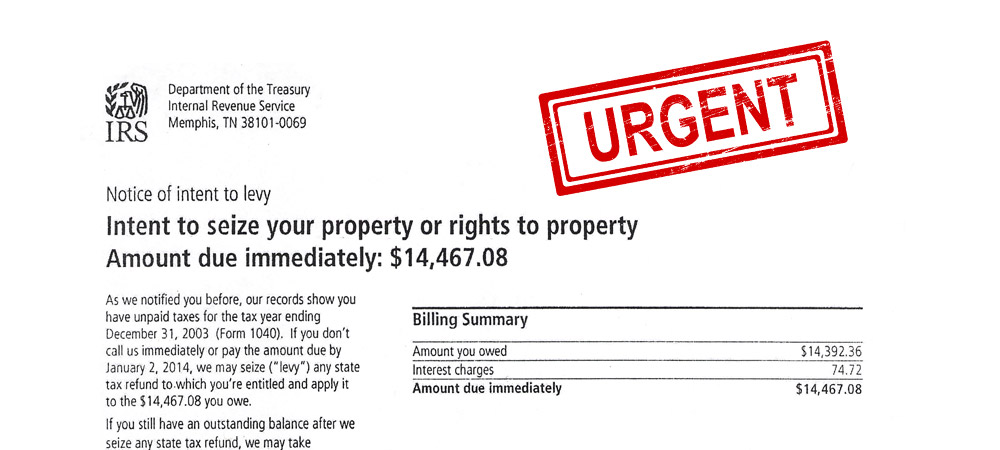Innocent Spouse Claims
If you filed a joint return with your spouse, which under subsequent examination by the IRS resulted in additional tax because of erroneous statements or understatement of tax, it is generally true that you both are responsible for the shortage. However, if you can show that you were not aware of the understatement or erroneous information when you signed the return, the IRS may grant you relief from paying the tax.
The three types of relief to a non-liable spouse are:
- Innocent spouse relief,
- Relief by separation of liability, and
- Equitable relief
Innocent Spouse Relief
By requesting innocent spouse relief, you can be relieved of responsibility for paying tax, interest, and penalties if your spouse improperly reported items or omitted items on your tax return. Generally, the tax, interest, and penalties that qualify for relief can only be collected from your spouse. However, you are jointly and individually responsible for any tax, interest, and penalties that do not qualify for relief. The IRS can collect these amounts from either you or your spouse.
The three required elements for Innocent Spouse Relief are:
You filed a joint return which has an “understatement of tax” due to “erroneous items” of your spouse.
- “Understatement of tax” is generally the difference between the total amount of tax that should have been shown on your return and the amount of tax that was actually shown on your return.
- “Erroneous items” are either (a) unreported income of your spouse, or (b) incorrect deduction, credit or basis claimed by your spouse.
You establish that at the time you signed the joint return you did not know, and had no reason to know, that there was an understatement of tax, and
Taking into account all the facts and circumstances, it would be unfair to hold you liable for the understatement of tax. Indications of unfairness considered by IRS are:
- Whether you received a significant benefit either directly or indirectly from the understatement,
- Whether your spouse deserted you,
- Whether you and your spouse have been divorced or separated,
- Whether you received a benefit on the return from the understatement.
Relief By Separation of Liability
Under this type of relief, you allocate (separate) the understatement of tax (plus interest and penalties) on your joint return between you and your spouse (or former spouse). The understatement of tax allocated to you is generally the amount you are responsible for.
To qualify for this relief, you must have filed a joint return and meet one of the following conditions:
- You are no longer married to, or are legally separated from the spouse with whom you filed the joint return for which you are requesting relief, or
- You and your spouse are not members of the same household because you have been living apart for at least 12 months.
Equitable Relief
Equitable relief may be available where you meet each of the following conditions:
- You are not eligible for innocent spouse relief or relief by separation of liability,
- You are your spouse did not transfer assets to one another as part of a fraudulent scheme,
- Your spouse did not transfer assets to you for the main purpose of avoiding the tax or the payment of tax,
- You did not file your return with the intent to commit fraud
- You did not pay the tax and
- Taking into account all the facts and circumstances, you establish that it would be unfair to hold you liable for the understatement or underpayment of the tax.
For prompt evaluation of your case, we encourage you to contact us. You may also contact us using our toll-free number at 866.494.6829













 Follow
Follow Follow
Follow